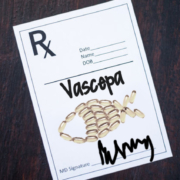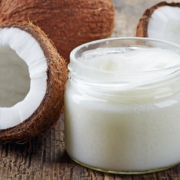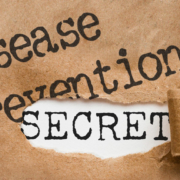Emerging CVD Risk Factors for Women
The paper I referred to in Tuesday’s Memo provided a list of emerging risk factors for heart disease that apply only to women. But first, I wanted to define exactly what a risk factor is and what it means.
As defined by the World Health Organization, a risk factor is any attribute, characteristic, or exposure of an individual that increases the likelihood of developing a disease or injury. The key word is likelihood. It does not mean cause and effect, and that includes genetic tendencies. Lifestyle contributes close to 80% when it comes to raising or lowering risk. You’re not doomed; you just have to be aware and take action.
There were several emerging risk factors for cardiovascular disease (CVD):
- Gestational diabetes: your risk of getting type 2 diabetes increases four-fold later in life; type 2 diabetes is a risk factor for heart disease.
- Hypertension during pregnancy: hypertension and preeclampsia increase the risk of heart disease three-fold.
- Early menopause: women’s hormones are protective against heart disease. When they change during menopause, the risk of heart disease begins to increase; the earlier that happens, the sooner the risk rises.
- Autoimmune disease: diseases such as rheumatoid arthritis and lupus increase the risk of heart disease. Autoimmune diseases increase inflammation, and that may partially explain this connection.
You can see why these emerging risk factors are primarily associated with women. While depression is also associated with an increased risk in women, it may be that women seek help more than men.
Keep in mind that these conditions don’t make heart disease a given, just a risk. But if that gives you the oomph you need to get to the gym today or skip that sweet roll, I’m okay with that.
What happens after a woman has heart disease or a heart attack? We’ll take a look at that on Saturday including one thing that stunned me and has to change.
What are you prepared to do today?
Dr. Chet
Reference: Circ Cardiovasc Qual Outcomes. 2018;11:e004437.









